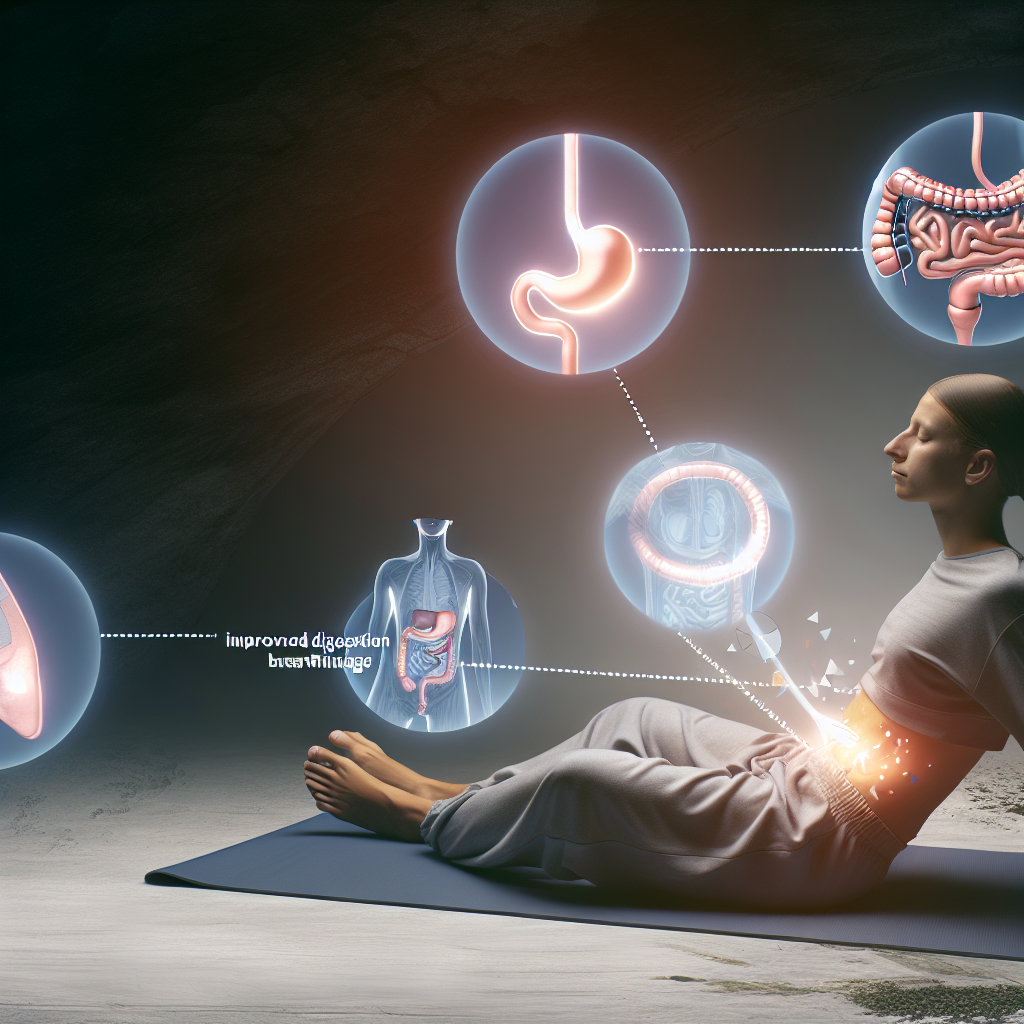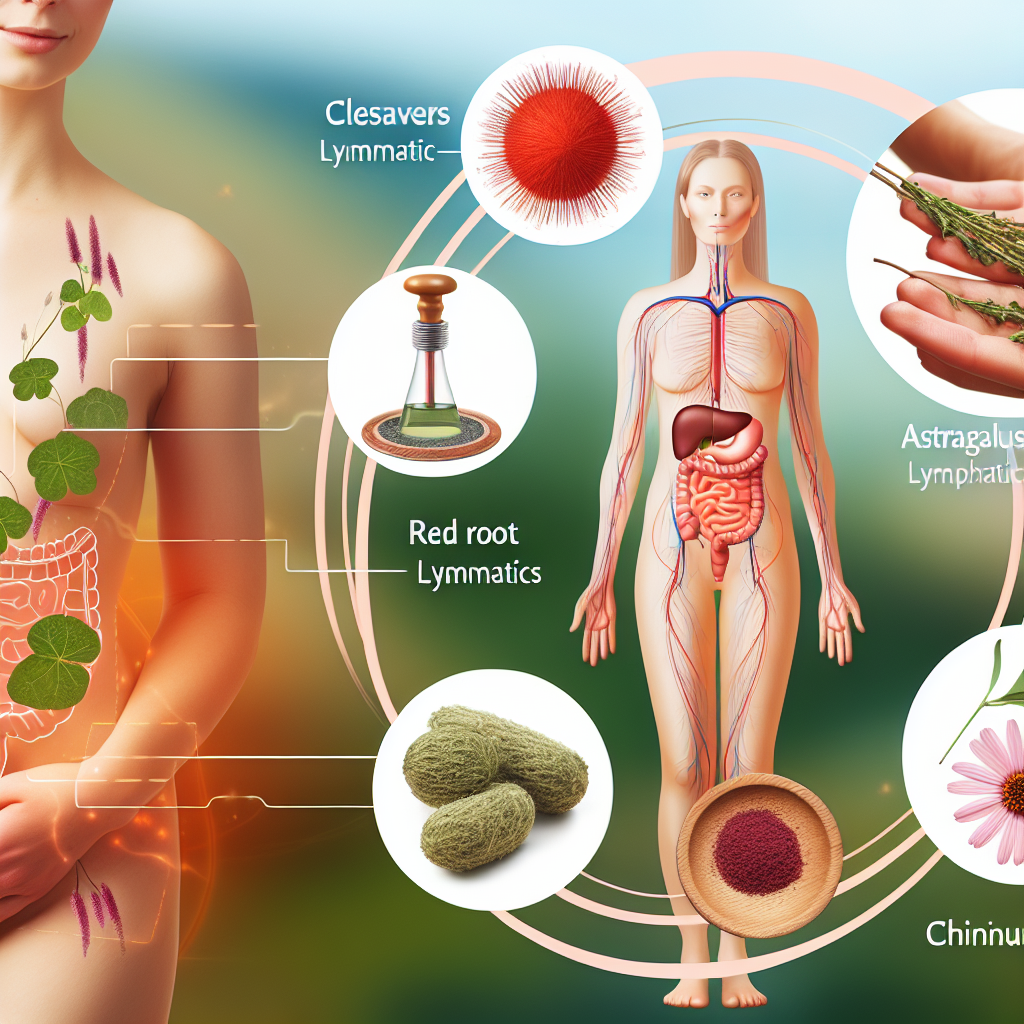Optimal Therapy for Constipation
The optimal therapy for constipation depends on the underlying reason and severity level. Below is an analysis of several frequently used methods:
Lifestyle Changes for Constipation
Enhance dietary fiber for constipation: Strive to consume 25-38 grams of fiber daily from fruits, vegetables, whole grains, legumes, and nuts.
Stay hydrated by consuming ample amounts of fluids. Water aids in softening stool and facilitating regular bowel movements.
Engage in regular exercise. Physical activity stimulates the digestive system and can help prevent constipation.
Develop a consistent bathroom schedule: Make an effort to visit the bathroom every day, regardless of whether or not you feel the need to go.
Non-Prescription Medications for Constipation
Fiber supplements such as Psyllium husk (Metamucil) or methylcellulose (Citrucel) can promote larger and smoother bowel movements.
Stool softeners, such as Docusate sodium (Colace), aid in the softening of stool to facilitate easier passage.
Stimulants such as Bisacodyl (Correctol) or senna (Senokot) induce contractions in the colon muscles, facilitating the movement of feces. Exercise caution when using this product, and avoid relying on it for long-term relief.
Prescription Medication for Constipation
Lubricants: Mineral oil can form a protective layer around the stool, facilitating movement.
Linaclotide (Linzess) is a prescription medicine that enhances fluid production in the intestines, resulting in stool softening.
When to Seek Medical Attention for Constipation
Consult a doctor if constipation is severe, persists for more than a week, or is accompanied by additional symptoms such as rectal bleeding, abdominal pain, or unexplained weight loss.
Stress and Constipation
Address stress: Stress might be a contributing factor to constipation. Practicing relaxation techniques such as yoga or meditation can be beneficial.

Dominic E. is a passionate filmmaker navigating the exciting intersection of art and science. By day, he delves into the complexities of the human body as a full-time medical writer, meticulously translating intricate medical concepts into accessible and engaging narratives. By night, he explores the boundless realm of cinematic storytelling, crafting narratives that evoke emotion and challenge perspectives.
Film Student and Full-time Medical Writer for ContentVendor.com




